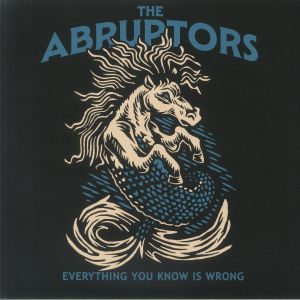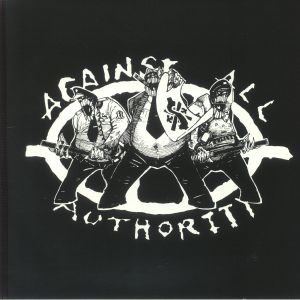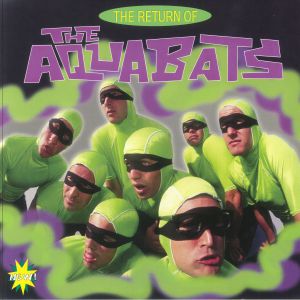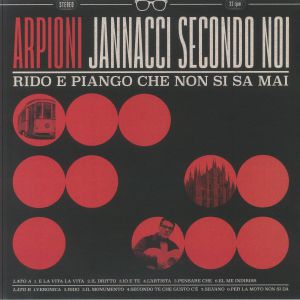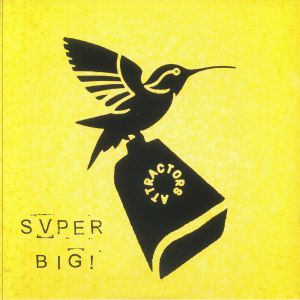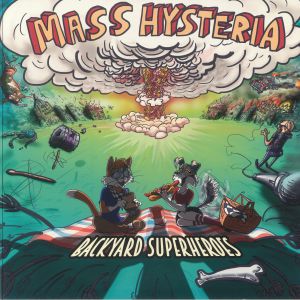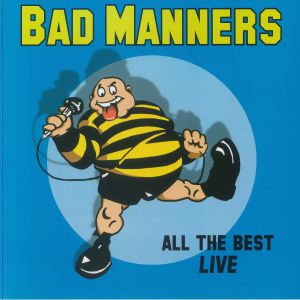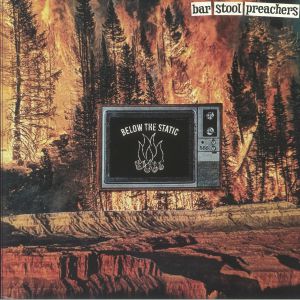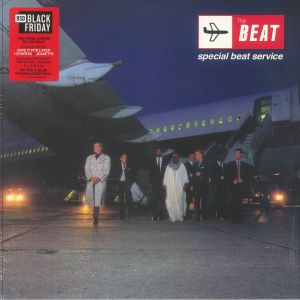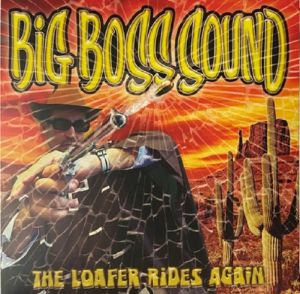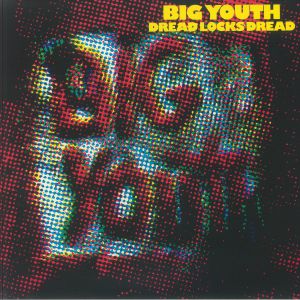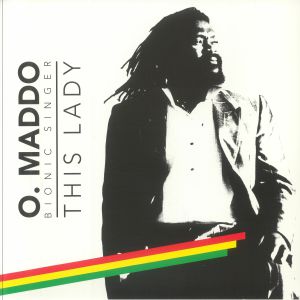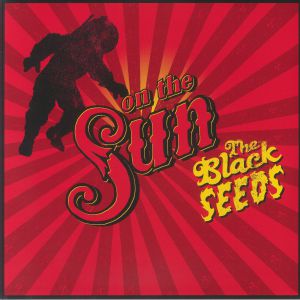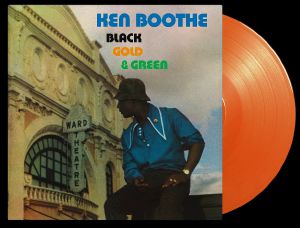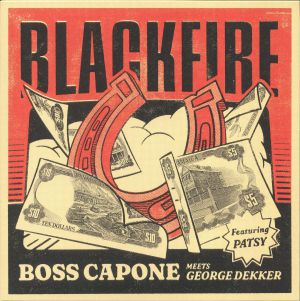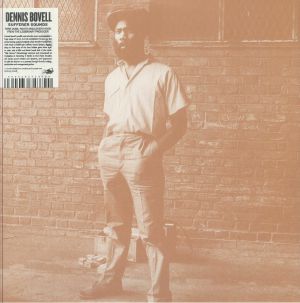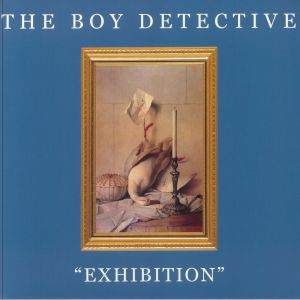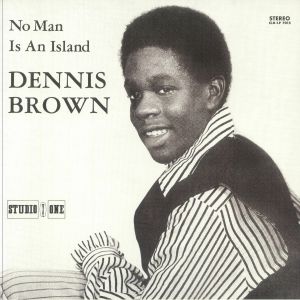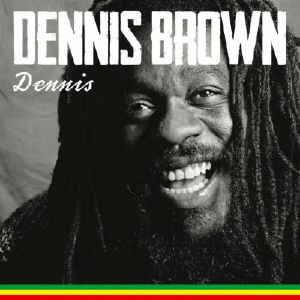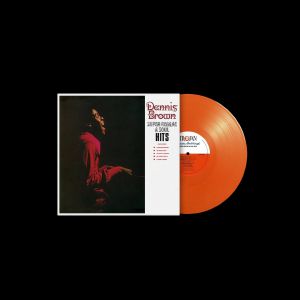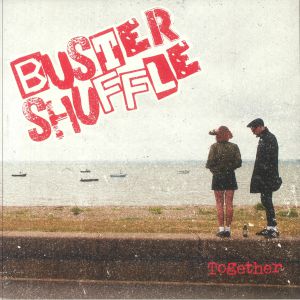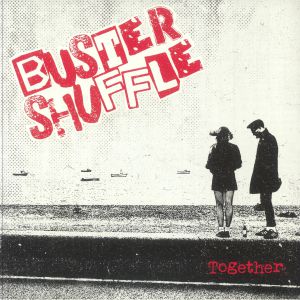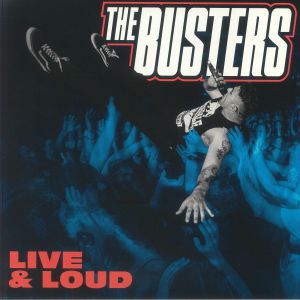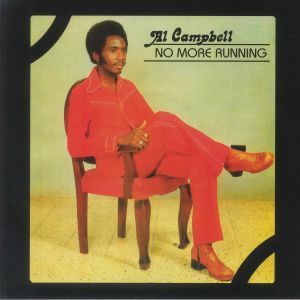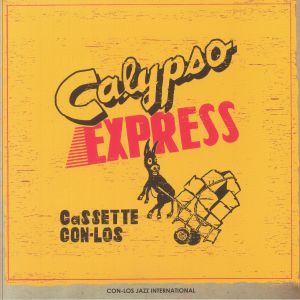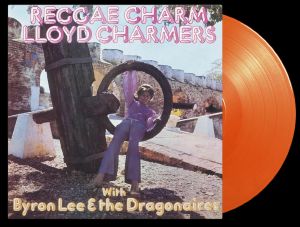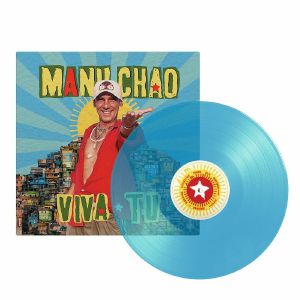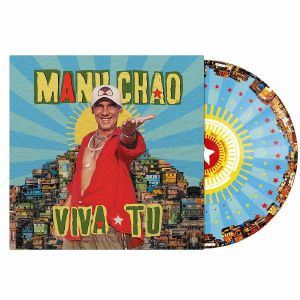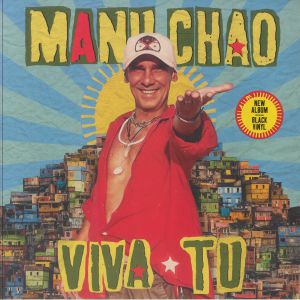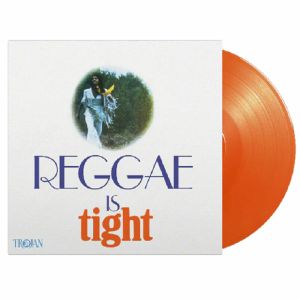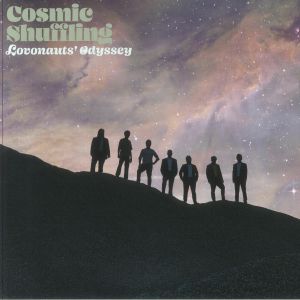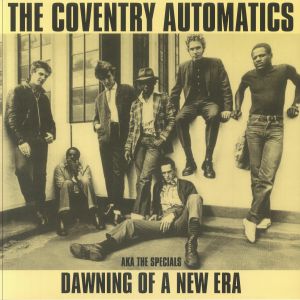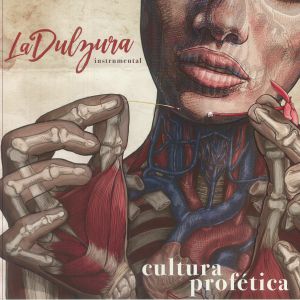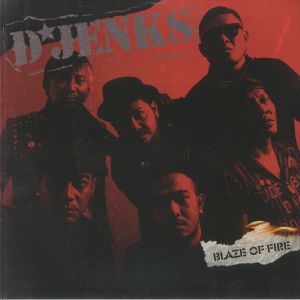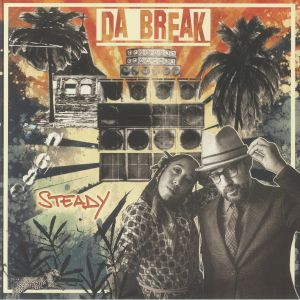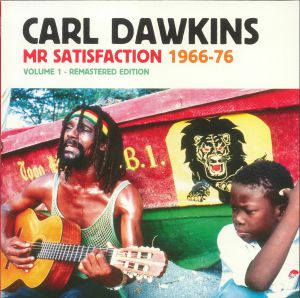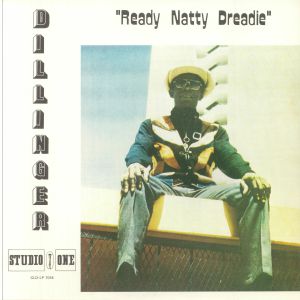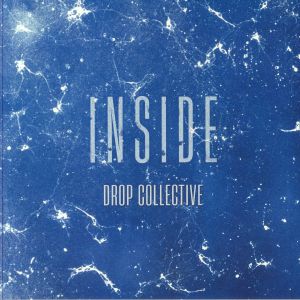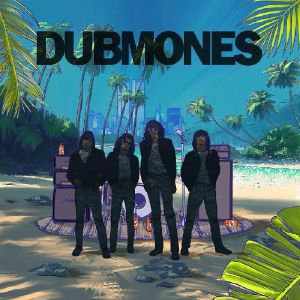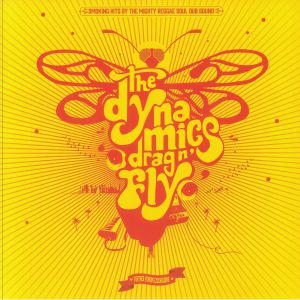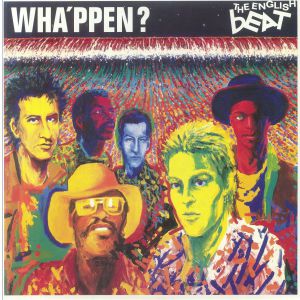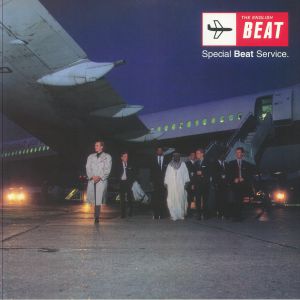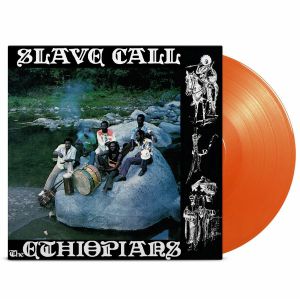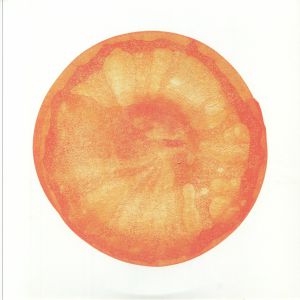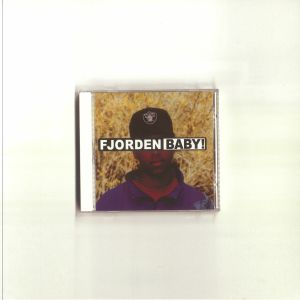Filter
Stock
Type
Music
Format
Release Date
Artist
Label
Featured
Release Title
Price
Tags
Back catalogue: Klassiker/Ska
Juno's full catalogue of Klassiker/Ska
Alben
Everything You Know Is Wrong (transparent pink & black smoke vinyl LP + insert)
Cat: AM 394LP. Rel: 15 Jan 25
in stock $23.46
24 Hour Roadside Resistance (reissue) (limited red & black splattered vinyl LP + insert)
Cat: HR 69171. Rel: 05 Jul 24
in stock $32.71
The Return Of The Aquabats! (30th Anniversary Edition) (limited gatefold "playdough" purple vinyl LP (indie exclusive))
Cat: GLPY 151326.1. Rel: 12 Jul 24
in stock $34.93
in stock $26.55
in stock $22.08
in stock $29.35
in stock $29.06
in stock $22.08
Below The Static (limited 1-sided screen-printed clear splattered vinyl LP)
Cat: PNE 414. Rel: 12 Sep 24
in stock $21.80
Special Beat Service (Record Store Day Black Friday RSD 2024) (limited gatefold red & blue vinyl 2xLP)
Cat: 060349 7822300. Rel: 12 Dec 24
Review: Originally released under the name The English Beat in 1982, this album sees the Two Tone experts spreading their wings and incoporating African vibes and jazz into their revolutionary sound. It's joyful, party-fuelling stuff but usually with a social message snuck in for good measure, which is just how we like it. Throw in some bonus studio and live tracks on this double deluxe RSD version and it really can't be Beat.
… Read more in stock $47.80
The Loafer Rides Again (red vinyl LP + MP3 download code)
Cat: LQ 169. Rel: 24 Feb 25
in stock $18.73
Review: Dread Locks Dread, originally released in 1975 on KLIK Records and reissued by Front Line in 1978, stands as one of Big Youth's most defining albums. Known for his innovative DJ style, Big Youth's chant-like toasting brought a melodic, rhythmic energy to socially charged lyrics, making him one of reggae's most distinctive voices in the early 1970s. This album, featuring the legendary Skin, Flesh and Bones band with Lloyd Parks on bass and a young Sly Dunbar on drums, delivers a blend of punchy reggae rhythms and deep, immersive dub. Produced by Tony Robinson and Errol Thompson at Joe Gibb's studio, Dread Locks Dread shows Big Youth's ability to elevate classic reggae tracks with his unique vocal style. Highlights include 'Some Like It Dread', a reinterpretation of Dennis Brown's 'Some Like It Hot', enriched by bluesy harmonica, and 'Marcus Garvey Dread', a fiery version of Burning Spear's anthem. The album also features a brilliant take on John Holt's 'Keep on Moving' and a dub-heavy version of the Techniques' 'You Don't Care'.
… Read moreGespielt von: Juno Recommends Reggae
in stock $32.14
in stock $23.76
On The Sun (20th Anniversary Edition) (limited 2xLP)
Cat: PRVI 58784011. Rel: 07 Jan 25
Review: During Wellington's cultural renaissance, The Black Seeds emerged as trailblazers and soon hooked in audiences with their energetic live shows and earning a reputation as summer festival favourites. In 2004, they blended funk and soul into their signature roots-reggae style to create this, their second studio album which became not only a Triple Platinum album but also a defining moment in modern New Zealand music history. Featuring three hit singles and including the Quadruple Platinum anthem 'So True,' this record embodies the Kiwi summer spirit and Gareth Moon's accompanying video with the band cruising sunlit locales in a classic Holden wagon only cemented that legacy.
… Read more in stock $39.12
Black Gold & Green (reissue) (limited numbered 180 gram audiophile orange vinyl LP)
Cat: MOVLP 3755C. Rel: 18 Sep 24
Review: Black, Gold & Green was the first of three albums Ken Boothe recorded with producer Lloyd Charmers, who did fine job of elevating his Memphis-via-Kingston sound. Featuring some of Boothe's finest soul vocals, standout tracks include 'Out of Love,' 'Missing You,' and the gritty 'Second Chance' which offers up a vocal style reminiscent of the one and only dock man, Otis Redding. Rooted in powerful religious and social messages, the album carries a deep political undertone throughout. Quite notably, it also features a superb cover of Bill Withers' lovely 'Ain't No Sunshine' as part of an album that marked a significant evolution in Boothe's fusion of Jamaican soul and reggae.
… Read more in stock $34.10
Blackfire (limited 180 gram vinyl LP)
Cat: AB 62. Rel: 29 May 24
in stock $27.39
Review: Dennis Bovell's Sufferer Sounds vinyl compilation showcases an essential chapter in his diverse career, focusing on his contributions from 1976 to 1980. With 15 tracks, including a rare dub mix of Janet Kay's celebrated Silly Games, all meticulously restored and remastered at Dubplates & Mastering in Berlin. The vinyl edition brings a fresh and clear sound to these tracks, allowing listeners to fully appreciate the warmth and depth of Bovell's arrangements. Renowned for blending genres, Bovell's exceptional production skills shine throughout this collection. Accompanying the music are insightful notes by Bovell that provide reflections on each track's creation. The sequencing of the album takes the listener on a compelling journey through his emotive and dynamic music, revealing the depth of his talent. One of the best compilations we have heard in some time.
… Read moreGespielt von: Alexis Le-Tan, Mukatsuku Records Chart
! low stock $35.21
Exhibition (pink marbled vinyl LP + insert)
Cat: 760137 167587. Rel: 17 Dec 24
in stock $22.08
Review: Dennis Brown's No Man Is An Island is a prime example of the reggae legend's emotive vocals and unmatched delivery. His voice, laden with warmth, effortlessly conveys the song's message of self-reliance, bolstered by Studio 1's signature rhythmic backdrop. The track's production features tight drum patterns and rolling bass, creating a captivating groove that allows Brown's soulful performance to shine. On the flip, 'Going To A Ball' brings a change of pace, with its lively horns and upbeat tempo, showcasing his versatility. Both tracks capture the essence of Brown's contribution to reggae, marking him as one of the genre's most enduring and influential figures.
… Read moreGespielt von: Juno Recommends Reggae
in stock $38.85
in stock $22.35
Super Reggae & Soul Hits (limited numbered 180 gram audiophile orange vinyl LP)
Cat: MOVLP 2894C. Rel: 19 Feb 25
Review: First released in 1972, this authentic and essential reggae album showcased the most popular tracks recorded by a young Dennis Brown under the guidance of renowned producer Derrick Harriott. The third album in Brown's career, Super Reggae and Soul Hits marked a significant turning point and helped to establish him as a versatile singer-songwriter capable of crafting deeply soulful music. It highlighted his ability to connect with an adult audience as he explored the interaction of reggae with soul influences, emotional depth and musical maturity. This album played a crucial role in solidifying Brown's reputation as one of reggae's most influential artists so remains an essential part of his story.
… Read more in stock $34.65
Together (limited transparent green vinyl LP + insert (indie exclusive))
Cat: CG 165346LP. Rel: 01 Apr 25
in stock $31.58
in stock $23.46
Live & Loud (translucent blue vinyl LP + insert)
Cat: SRR 022. Rel: 10 Dec 24
in stock $27.94
No More Running (reissue) (180 gram translucent purple vinyl LP)
Cat: BSRLP 941P. Rel: 27 Feb 25
Review: 1978 was a standout year for the great Al Campbell, with five album releases across various labels. This particular album, originally released on Phil Pratt's Terminal label, was originally released in 1981 and stands as one of his most notable. It features powerful roots tracks like 'Foot Stool,' 'Soul Sister' and 'No More Running' which combine militant rhythms with Campbell's soulful vocals fusing conscious reggae and emotional depth. It is a true classic of its genre that now comes on nice coloured wax that looks as good as it sounds.
… Read more in stock $20.69
in stock $40.53
Reggae Charm (reissue) (limited numbered 180 gram audiophile orange vinyl LP)
Cat: MOVLP 3758C. Rel: 12 Aug 24
Review: Reggae Charmers was originally released in 1970 and it showcased the best of Lloyd Charmers, who was born Lloyd Tyrell. His career spans Jamaica's vibrant musical eras from the late 50s shuffle r&b and ska boom to the rocksteady and roots reggae of the 60s and 70s. Across those years, Charmers excelled as a vocalist, session musician, and producer and after taking up the piano in 1966, he soon formed his own band. It backed artists like Ken Parker, Max Romeo, Pat Kelly, John Holt, and Slim Smith & the Uniques while Charmers also sang with the Uniques and gained a reputation for delivering some of the era's most compelling rhythms.
… Read more in stock $29.06
Viva Tu (limited gatefold translucent blue vinyl LP + booklet)
Cat: BEC 5613920. Rel: 19 Sep 24
Review: French-Spanish, Latin soul and Afrobeats singer-songwriter Manu Chao returns to the fore with Viva Tu ('Long Live You'), a heartwarming Latin ska and worldbeat album dedicated to uncovetable, amicable neighbourly relations between members of the public. After the release of the eponymous lead single, the full record comes now in full cordial force. With its sleepily descendant vocals giving off the sense of a narrator too sunkissed to care, Viva Tu is an al fresco listening experience, one that also nonetheless betrays Chao's seasoned, well-tanned skin in the game. Now 63, this is a comeback album "inspired by (Chao's) travels and people's daily lives", and it hears him hark after something like a universal language, flexing his multilingual chops by singing in Spanish, French, Portuguese and English. All this forms part of Chao's mission to address the various global issues facing humanity today, in such a manner as only he can do best; he treats music as a vehicle for a humanistic global activism, aiming to promote anti-capitalist, antifascist and without-borders content.
… Read moreGespielt von: Juno Recommends Reggae
in stock $28.51
Viva Tu (limited gatefold picture disc LP + booklet)
Cat: BEC 5613921. Rel: 19 Sep 24
Review: French Latin ska/dancehall artist Manu Chao (Los Carayos, Hot Pants) shares 'Viva Tu', his latest single pre-empting his upcoming solo summer stomper of an album. A wholesome ode to the neighbourly charms of his Chao's home city, 'Viva Tu' translates to "long live you!", and sports a universal message of simple merriment and streetwise hobnobbing. From "the one who sells tickets on the subway, to the street-sweeper", Chao's call for love - mediated by the irresistible sweetmeats of rhythm guitar and trilling ad-libs - excludes no-one. It's also a great, sweet-hearted song.
… Read moreGespielt von: Juno Recommends Reggae
in stock $33.52
in stock $25.70
Reggae Is Tight (limited numbered 180 gram audiophile orange vinyl LP)
Cat: MOVLP 3698C. Rel: 25 Mar 25
Review: A key figure in Jamaican music who first gained recognition with The Uniques before branching out as a solo artist and producer. By the late 60s, he'd honed his skills in arrangement and keyboard-driven reggae, culminating in Reggae Is Tight and Reggae Charm. Reggae Is Tight bursts to life with the insistent chant of '5 to ', riding a thick organ groove. Charmers reinterprets The Uniques' 'Watch The Sound' as the flowing piano instrumental 'Follow This Sound'. He transforms classics like 'Blue Moon' into reggae gems, while 'Psychedelic Reggae' leans into dubby echo effects. The album thrives on tight, dancefloor-ready rhythms, with 'Stronger' capping off the set in style. His deal with Trojan Records led to Reggae Is Tightia stunning example of his keyboard prowess over driving, fast-paced rhythms. Blending infectious organ grooves with classic boss reggae energy, the album captures the golden era of Jamaican sounds. Now reissued as a limited edition on orange vinyl, Reggae Is Tight remains an essential listen for vintage reggae enthusiasts, highlighting Charmers' innovative touch and deep influence on the genre.
… Read more in stock $32.41
in stock $28.51
in stock $18.45
in stock $46.12
Blaze Of Fire (limited translucent red vinyl LP + insert)
Cat: JUMP 198LP. Rel: 27 Sep 24
in stock $20.54
Review: France has always had its own vibrant hip-hop scene and walking streets of its big cities you won't go far without some young rappers pumping out beats and delivering their best bars in the hope of collecting some of your loose change. Lyon based band Da Break are one of the more established outfits have out out a strictly 90s hip hop and r&b flavoured debut, then the more opened minds Let It Shine which brought g-funk, jazz and soul. Now they return with the ska-leaning Steady which might be their best yet.
… Read more in stock $29.35
in stock $40.81
Cat: PRPLP 060. Rel: 10 Jul 24
in stock $25.43
Review: If you like your reggae true to the original sound then this one is likely already long on your want list. It's a stone-cold classic from Dillinger that was one of the great DJ albums for Studio One back in the mid-1970s. It is packed with classic rhythms that were all produced with the expert guidance of Clement Dodd. Ready Natty Dreadie features non-stop highlights such as 'Pretty Looks' and 'Ten to One', the weighty low end of 'Full Up' and the magical top lines of 'Creation Rebel'. A crucial reissue.
… Read moreGespielt von: Juno Recommends Reggae
in stock $33.52
in stock $30.75
in stock $13.08
Review: What if The Ramones had formed in Kingston, not New York? Swapping the raw energy of MC5 and The Stooges for the deep, echo-drenched sonics of King Tubby, their rebellious spirit would take on a whole new sound, one rooted in rocksteady and dub while keeping its punk urgency intact. Enter Dubmones, the latest project from the minds behind the 2008 album DubXanne (The Police in Dub). Reimagining Ramones classics through a dub filter, Dubmones In Dub transforms 'Blitzkrieg Bop', 'Sheena Is A Punk Rocker' and 'I Wanna Be Sedated' into a rocksteady-punk hybrid. A star lineup of vocalists - be they Dennis Alcapone, Keith & Tex, U Brown, Prince Alla, Earl 16, Ranking Joe and Susan Cadogan - brings said alt-history to life in full, bass-heavy glory.
… Read moreGespielt von: Juno Recommends Reggae
in stock $30.75
Review: The Dynamics honour Jamaica's musical legacy with Drag'n'Fly, their third album, transforming classics with reggae, soul and funk. Like the 1960s tradition of ska and rocksteady reshaping US soul hits, they take songs from all genres - pop, country, jazz - and infuse them with island rhythms. Mounam, Steve Levi, and Mr Day lead the charge with their distinct vocals, while Fab Master Flab weaves futuristic echoes through roots instrumentation. From reimagining ESG's minimal pop to turning Pharoah Sanders' 'You Got To Have Freedom' into a dub anthem, Drag'n'Fly is an irresistible mix, destined for stereos and spicy dancefloors alike.
… Read more in stock $33.52
Wha'ppen? (remastered) (limited gold vinyl LP (indie exclusive))
Cat: 603497 823970. Rel: 07 Oct 24
in stock $32.14
Special Beat Service (reissue) (Record Store Day Black Friday RSD 2024) (limited gatefold translucent red & blue vinyl 2xLP)
Cat: RCV 1726903. Rel: 02 Dec 24
in stock $53.38
Special Beat Service (Start Your Ear Off Right 2025) (limited silver vinyl LP)
Cat: RCV 1727112. Rel: 02 Jan 25
Review: This brilliant 1980 debut release by the The English Beat set them on course to become one of the most influential groups to emerge from the British Two Tone Ska movement. This album is wall-to-wall bangers and showcases some of their very best tunes, with earworm melodies encasing punchy and irreverent lyrics. Opening cut, 'I Confess' is a case in point: "Just out of spite / I confess I've ruined three lives / Now don't sleep so tight." Musically, The English Beat had style, substance and the ability to baffle and challenge their heroes. Guitarist Dave Wakeling stumped guitar heroes with his "Dad-Odd" guitar tuning. It's said that Pete Townshend phoned Wakeling up and said: "I'm sitting here with David Gilmour and we're having a bit of trouble finding your tuning for 'Save It for Later'." A superb endorsement for The English Beat, who grew up inspired by The Who and Floyd.
… Read more in stock $32.41
Slave Call (limited numbered 180 gram audiophile orange vinyl LP)
Cat: MOVLP 3700C. Rel: 04 Jun 24
Review: Slave Call by The Ethiopians is a majestic exploration of the spiritual roots of reggae, led by deep Nyabinghi drumming and chanting. Leonard Dillon's Rastafarian beliefs are at the album's core, evident in every track, including a profound rendition of the Ethiopian national anthem. Max Edwards' Nyabingi drumming infuses the album with authenticity and is skillfully showcased by producer Niney Holness, who delivers a rhythm-heavy production while giving equal attention to vocals.The album blends traditional Nyabinghi elements with guitars, bass, keyboards, and horns, creating a rich reggae sound that maintains a dignified restraint. Holness' arrangements ingeniously reinforce the album's themes, exemplified by the title track's evocative depiction of slaving field hands. Other highlights include the driving urgency of 'Hurry On' and the soulful blend of blues in 'Culture.' Leonard Dillon's exceptional performance imbues each song with power and devotion, making 'Slave Call' one of his greatest achievements. With its cultural depth and musical excellence, the album stands as a testament to the enduring legacy of reggae's spiritual roots.
… Read moreGespielt von: Juno Recommends Reggae
in stock $32.71
Gespielt von: Juno Recommends International
in stock $28.51
Uchu: Best Of Fishmans (gatefold translucent orange vinyl 2xLP + insert)
Cat: UPJY 94278. Rel: 29 Jul 24
Review: The Fishmans are a Japanese band who were very ahead of their time. Formed in 1987, they mixed reggae, dub and psychedelia into their live ensemble. If that wasn't groundbreaking enough, through the 90s they also added elements of ambient, synth pop and shoegaze. This double album, originally released in 2005, is now available on vinyl for the first time. Standouts include the live version of the shimmering 'A Piece of Future', the spacey lullaby 'Weather Report' and the rocksteady 'Magic Love'. The charm of the band is immediately understood after one listen to this album - one of our favourite Japanese vinyl transfers of the year so far.
… Read moreGespielt von: Juno Recommends Reggae
in stock $62.59
in stock $19.56

 USD
USD






